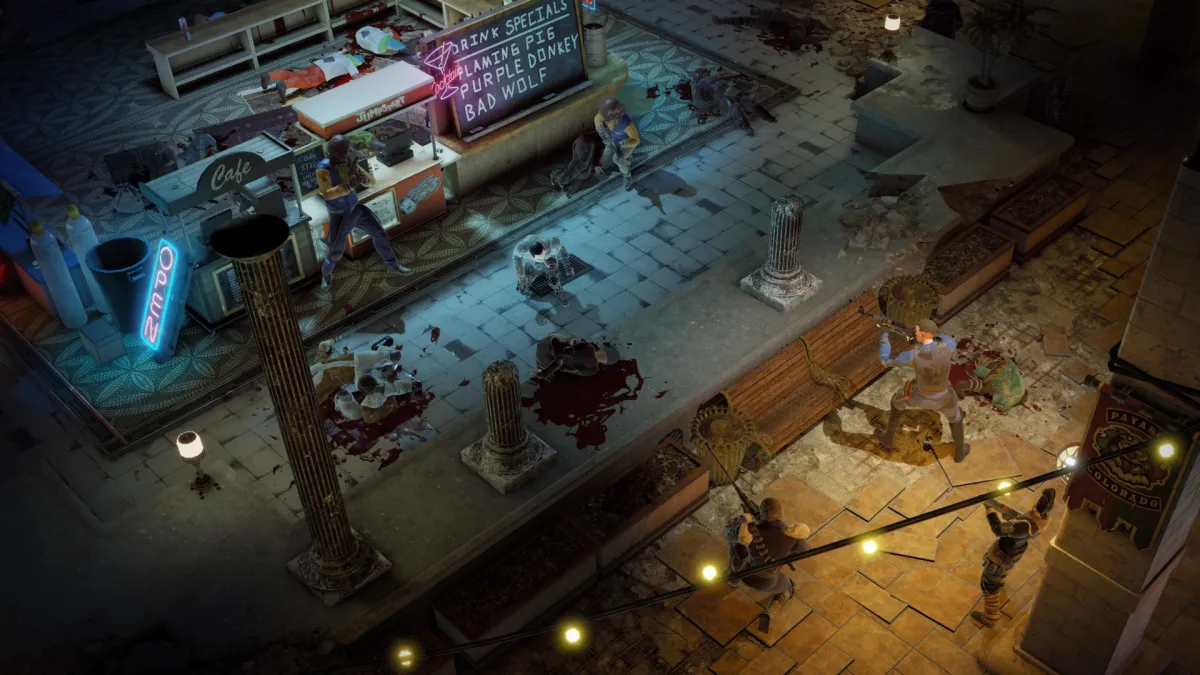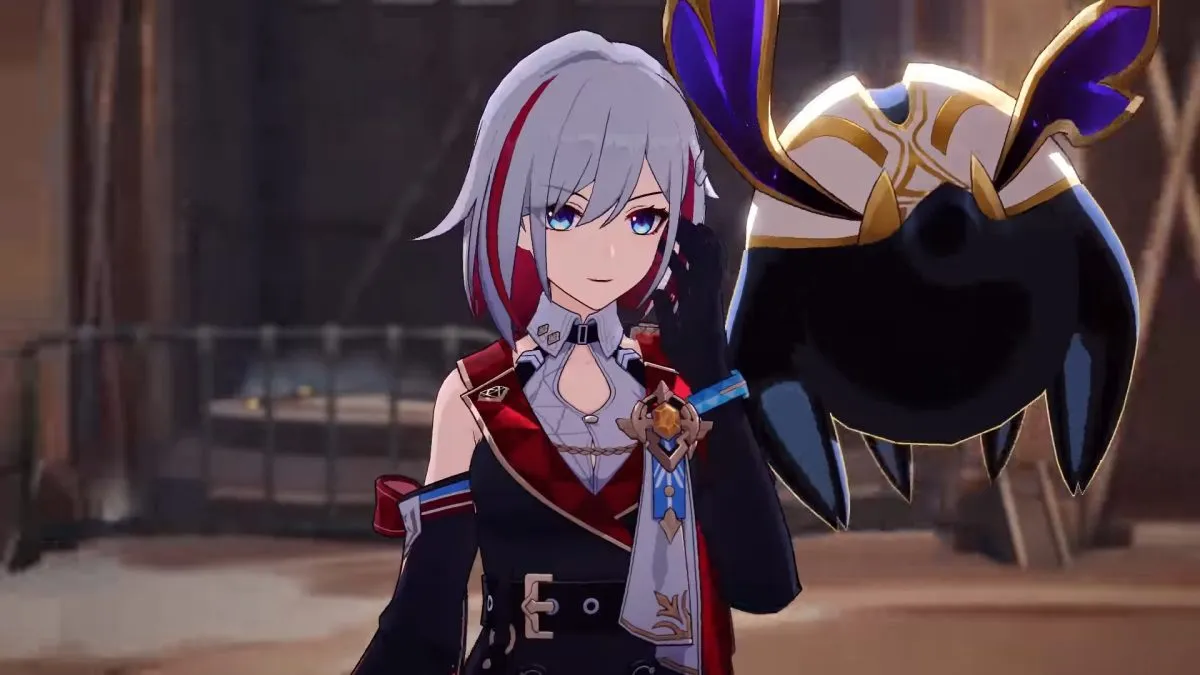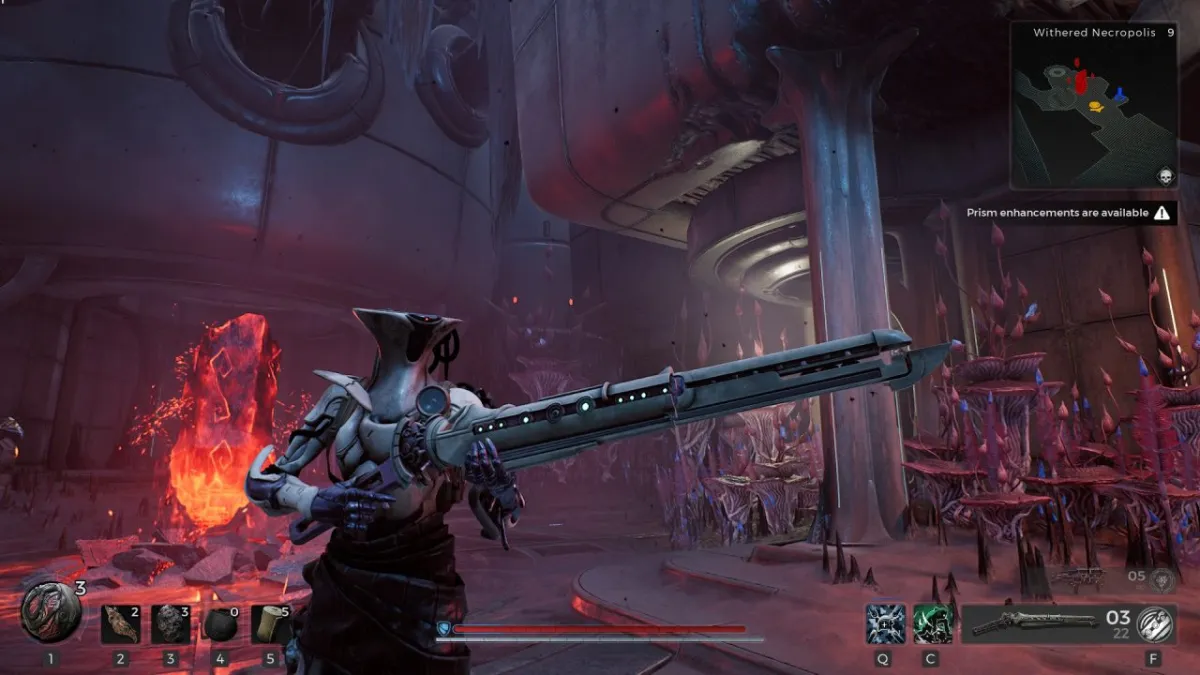Stats: The CLASSIC attributes system
CLASSIC — which stands for Coordination, Luck, Awareness, Strength, Speed, Intelligence, and Charisma — is the attributes/stat system used in Wasteland 2 and Wasteland 3.
Thanks to the changes to Wasteland 3‘s combat dynamics, inventory, and character recruitment, several attributes aren’t as important as others. For instance, all teammates can act when it’s the player’s turn (same goes for your enemies when it’s their turn). This is opposed to the “turn order system” from Wasteland 2. As such, you’re not going to focus on Speed as often as before. Similarly, since all characters now share the same loot pool/inventory and you’re never going to lack carrying capacity, Strength also lost some of its luster. Oh, and you no longer need “total party Charisma” just to recruit unique companions.
In my case, I’ve been using a simplified prioritization method when creating my characters:
| Attribute | Effect/What it increases | Priority |
| Coordination | Action points (AP), max AP, and status effect resistance; +1 AP per 2 COO | 1st |
| Luck | Proc chance of crits, evasion, resistance, and doubled healing/money/scrap instances; penetration | 7th |
| Awareness | Hit chance, ranged damage bonus, and perception (+1 per 2 AWR) | 3rd |
| Strength | Constitution/HP, HP per level, melee damage bonus, and throwing range | 4th |
| Speed | Combat speed, evasion, and initiative | 6th |
| Intelligence | Bonus skill points (+1 per 2 INT), crit chance, crit damage, and crit healing | 2nd |
| Charisma | Leadership aura radius, XP bonus, and strike refill rate | 5th |
Coordination
An extremely important attribute to focus on is Coordination since it determines your action points (AP). If you’re keen on a sniper, HMG, or rocketeer class, you’ll want someone who can shoot, reload, and shoot once more within the same turn.
Intelligence
This used to be a priority due to the skill points earned per level. Unfortunately, this is now replaced by a skill point bonus during character creation only (or one for every 2 INT you add). Nowadays, you just gain +3 skill points per level-up regardless of the INT value; no more bonus points per level.
Still, having high INT early on allows custom Rangers to become specialists in a variety of functions (and crit more often too). But, in general, COO will surpass this due to the action points you get. You could assign a few points into this when creating a new character, then just leave it as is while progressing further in Wasteland 3.
Awareness
Awareness is still a decent attribute to take note of due to increased hit chance, ranged damage, and perception. But, because you’ve got more squadmates around (and likely more mods than you can shake a stick at), you’re less likely to stumble in battles due to missed shots. Based on experience, the higher crit chance from INT will also surpass this in the long run.
Strength
You don’t need to worry about the carry weight anymore since the loot pool is shared among all squadmates (and you’ll never be over-encumbered). However, you’ll need to worry about your constitution (HP) gains and certain armor pieces that require STR.
Charisma
Although you’ll encounter some familiar faces in Wasteland 3 — including the “really, the game wants me to have 20+ CHA for all my Rangers?” types of folks from the previous game — you don’t even need this stat to recruit people at all. Instead, Charisma is predominantly used by your “party leader” (aka. whoever has a high Leadership skill for squad bonuses such as hit chance). It’s also used for the “strike” mechanic.
The strike meter: Charisma helps build up your strike meter whenever you hit your foes. Depending on the weapon, you can use a special attack such as a precision shot that targets specific limbs (snipers, handguns, and assault rifles), fire a shot in a wide cone (SMGs and shotguns), punch the ground with a thunderous smash (melee weapons), or even launch a mini-nuke (rocket launchers).
Speed
Because Wasteland 3 no longer uses the “turn order system,” initiative is next to useless. More often than not, you’re just going to shoot a mob before it spots you.
The only time it’ll become helpful is if you get caught (i.e., you clumsily ran around and got detected, or you couldn’t avoid a random encounter). In this manner, initiative will determine if some of your team members can still act before your enemies do.
Oh, and combat speed, as usual, determines how far a character can move during battles (per AP used). You won’t need it unless you’re focusing on melee.
Luck
The one stat that Wasteland 2 players will usually leave at a single point is still the same stat we’ll ignore while playing this game.
My picks
- The Ranger I’ve built up to become a sniper started with 10/1/1/1/1/6/1. This is for ridiculously high starting AP and extra skill points for Sniper Rifles, a general skill, and, later, Explosives too.
- The partner for the tutorial level had 6/1/1/2/1/4/6. This would be the “party leader” hence the slightly higher CHA. I’ve decided it’ll be more of a close to mid-range shooter (SMGs) so the extra STR does help (for HP and armor pieces).
- Two other characters (created once I reached Ranger HQ) had 6/1/4/2/1/6/1. It’s a minor change, but it’s mostly to remind me to increase AWR before STR or CHA.
- Because the game allows you to continuously create new Rangers from scratch — and their levels are also somewhat scaled to your main squad’s — you can, theoretically, use “INT dump” Rangers to specialize in a given task (i.e., your barter bro, modding gal, or the Toaster Master). Yes, even if INT no longer gives skill points each level-up, the bonus on character creation becomes useful due to how often you can actually create new characters.
Next, let’s look at Wasteland 3‘s skills and perks.









Published: Aug 26, 2020 01:00 pm